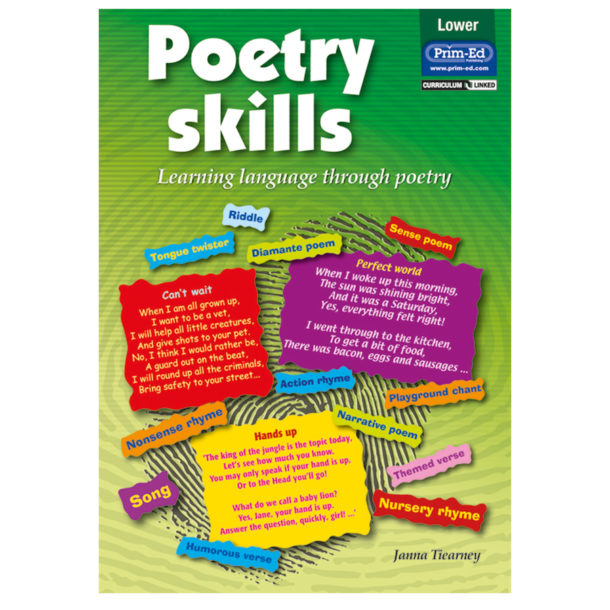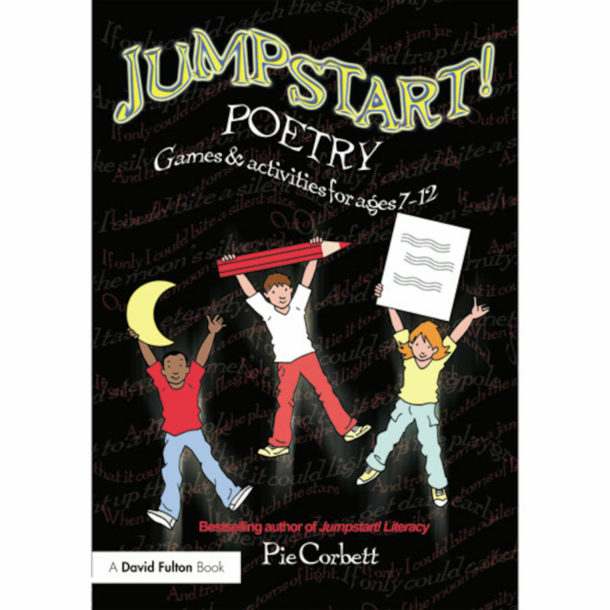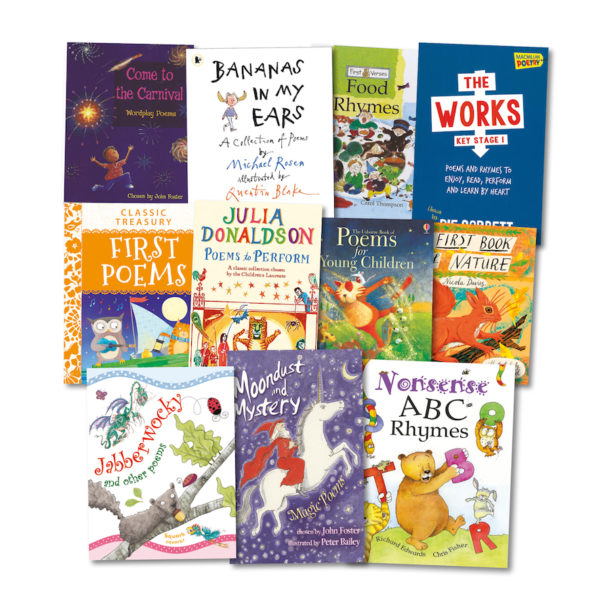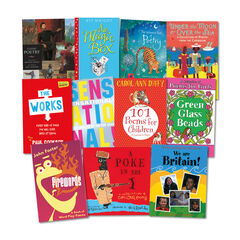Poetry is not always given the attention it deserves in primary school. I wonder if that’s because it’s indirectly labelled as an intellectual’s domain? It is seen as something like jazz music, people feel as if they should perhaps like it and might have some at home to show willing, and yet don’t truly enjoy. Let’s be honest, when was the last time you picked up a poetry compilation just for pleasure? I rarely do so and yet consider myself a great lover of poetry. It isn’t really given the kind of space in general society as the novel and yet it provides so much pleasure for so many. After all, what are songs but poems written to music?
Humans are attuned to rhythm.
As human beings we are attuned to rhythm, it forms the basis of our speech patterns and our ability to understand language. We make patterns with it naturally. This is why it is so important to plunge children into poetry at a young age. I can still recite the nursery rhymes I learned as a child, and the naughtier versions I learned in high school; indeed, even some poetry and sections of Shakespeare pop out of me in mid lesson when I least expect it and I have to admit to a certain swelling of pride when this occurs as the students stare at me with bemusement and ask how I can remember it all.
The reason I remember it all is almost always because it was learned when I was young. He would probably be mortified now as a teen, but I have a clear recollection of a friend’s child reciting the whole of The Charge of the Light Brigade to me when he was seven years’ old; I was very impressed and yes he did go on to get a L9 in English and English literature. Imagine having the advantage of knowing a poem by heart that you needed to know for GCSE literature?
Poetry benefits.
The benefits gained from learning and creating poetry in primary are manifold and reading together in class, especially with rhyming poetry, can help children to enhance their reading, speaking and listening skills. Much poetry learned at this age has a strong rhyme and rhythm to it and children can learn about phonics and letter sounds by listening for and locating rhyming words. A poem can be used to teach sentence structure, parts of speech, and many grammar skills and can take some of the pressure off teachers who struggle to make grammar fun.
Building language confidence.
Hence poetry can be an amazingly versatile tool for teachers. It can lead to discussion of new words and improve vocabulary; teaching children to explore choices for more precise language and how words are chosen for effect. It instills in them a confidence of exploring their own ideas about a piece of writing and what appeals to them about it in more directed doses. Poetry gives children the technical language to inform their writing for analysis and indeed forms the basis of those analytical skills so important to many subjects. Discussion and an environment of uncovering and sharing ideas and opinions can also be created through learning poetry.

There’s lots of help out there to get you started on teaching poetry effectively.
Poetry is fun!
Anyway, what lessons did we all love at school? None? No the fun ones! Poetry can be enormously joyful. There is such a wealth of endless resources to choose from. Poems are also a source of understanding the world, filled with stories of other cultures and societies and situations. In a constantly shifting social environment they can helps us to make sense of what is happening; whether that be a poem about what it is like to be homeless, such as in Simon Armitage’s ‘Give’, or about the strange antics of footballers when they have scored a goal such as in ‘Clever Trevor’ by Benjamin Zephaniah. The wonderful thing about poetry is that it can often be performed, so bringing in a more dramatic aspect to the reading, which can engage children of all abilities and differing learning styles.
Poetry becomes scary for children when it is used as a tool for testing their understanding of literature. Whether in SATs or later on at GCSE, it suddenly matters so much. To many it can create anxiety as it seems like a foreign language. To instill a love for it, or at least a familiarity and hopefully an empathy with the writer, would certainly lessen that fear. We should be encouraging them to try it out for themselves. Children should be able to say in class “I can write a poem like that!” and then have a go. Michael Rosen puts it very succinctly in his blog about poetry: “All poetry belongs to us…we pass poetry over to the children so that they can own it, possess it, be possessed by it, and make new poetry for their own purposes.”
This post was written for us by Estelle Ross, who has been a teacher of secondary English for over twenty years.





